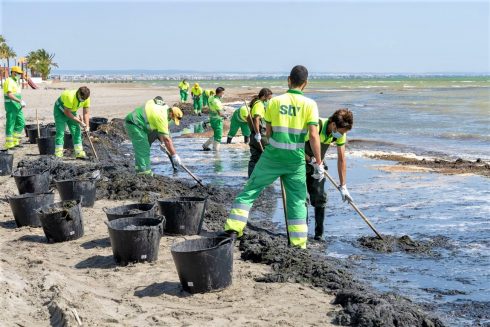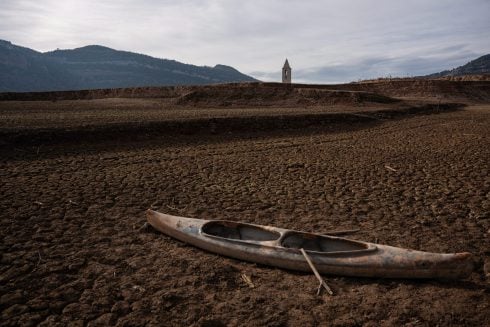SOLAR panels are now compulsory on all new and renovated buildings in Spain as part of the country’s efforts to bring its building rules up to date and curb growing demand for energy, ministers said.
Until now Spain’s building standards have dated from the 1970s and have done little in seeking to improve energy efficiency.
“We have to make up the time we have lost,” Environment Minister Cristina Narbona said, inaugurating a seminar on the new technical building code.
The code will come into force fully next March but the energy saving element was implemented on September 29.
This means new homes have to be equipped with solar panels to provide between 30 and 70 per cent of their hot water, depending on where the building is located and on its expected water usage.
New non-residential buildings, such as shopping centres and hospitals, now have to have photovoltaic panels to generate a proportion of their electricity.
Solar power has not yet taken off in Spain, largely because subsidies have been directed at wind energy, and it provided a negligible amount of the country’s electricity in 2005. Other measures in the new building code enforce the use of better insulation, improve the maintenance of heating and cooling systems and increase the use of natural light.
“The new standards will bring energy savings of 30 to 40 per cent for each building and a reduction of carbon dioxide (CO2) emissions from energy consumption of 40 to 55 per cent,” the Environment and Housing Ministries said in a joint statement.
The Housing Ministry is trying to rein in the amount of new building, although it is Spain’s local and regional governments that are responsible for planning permission.
“In the last decade we have built the equivalent of a quarter of all the urban area that existed until then,” Housing Minister Maria Antonio Trujillo told the seminar.
The building standards code should limit the damage of continued new construction and is the most significant legal change for the sector in the last 30 years, she said.
The construction lobby Asprima estimates that the new requirements will increase building costs by between 8 and 12 per cent.
Trujillo said this was “absolutely untrue” and that the extra cost was 1 percent, which would be offset by the energy savings achieved.








